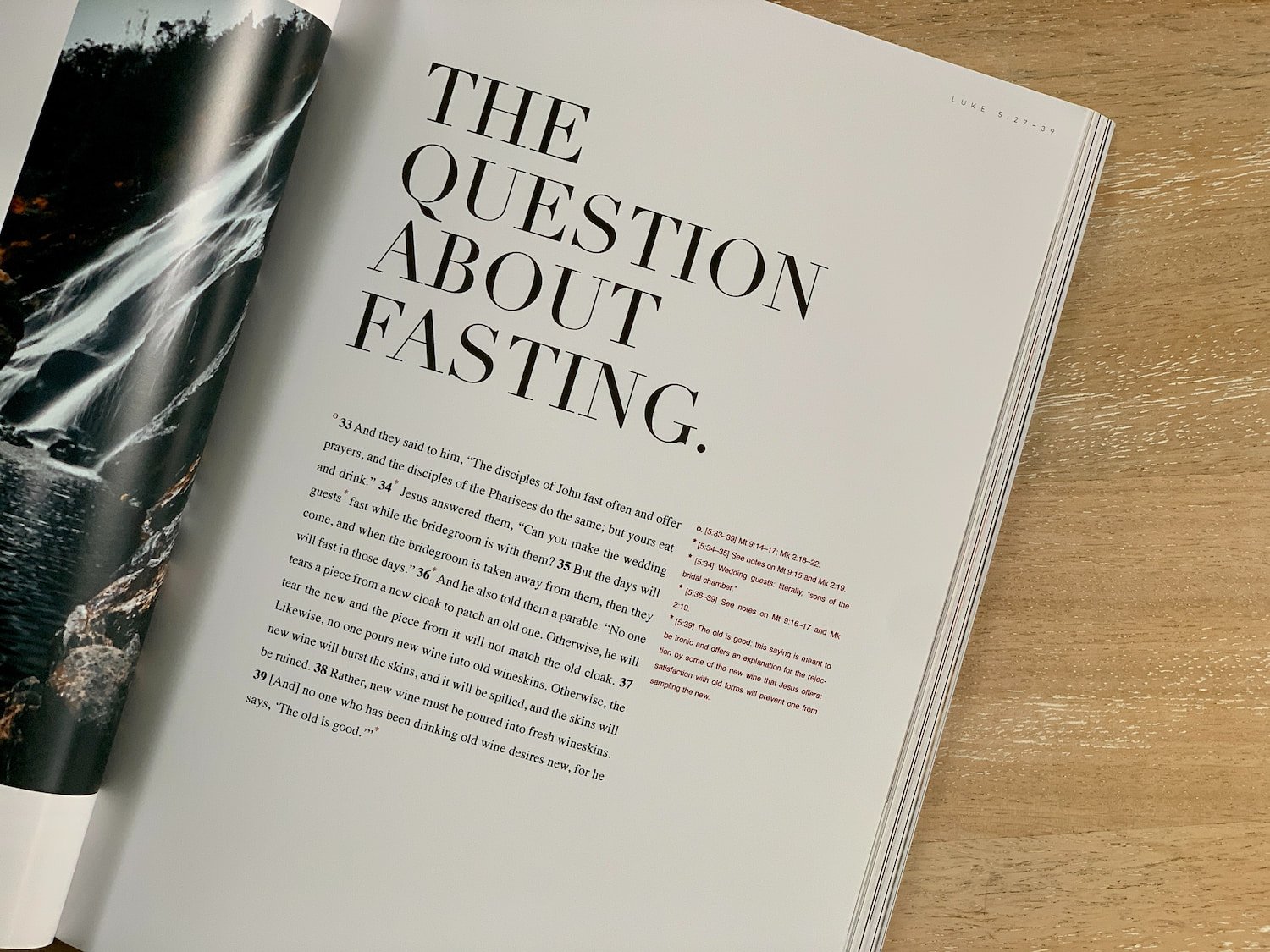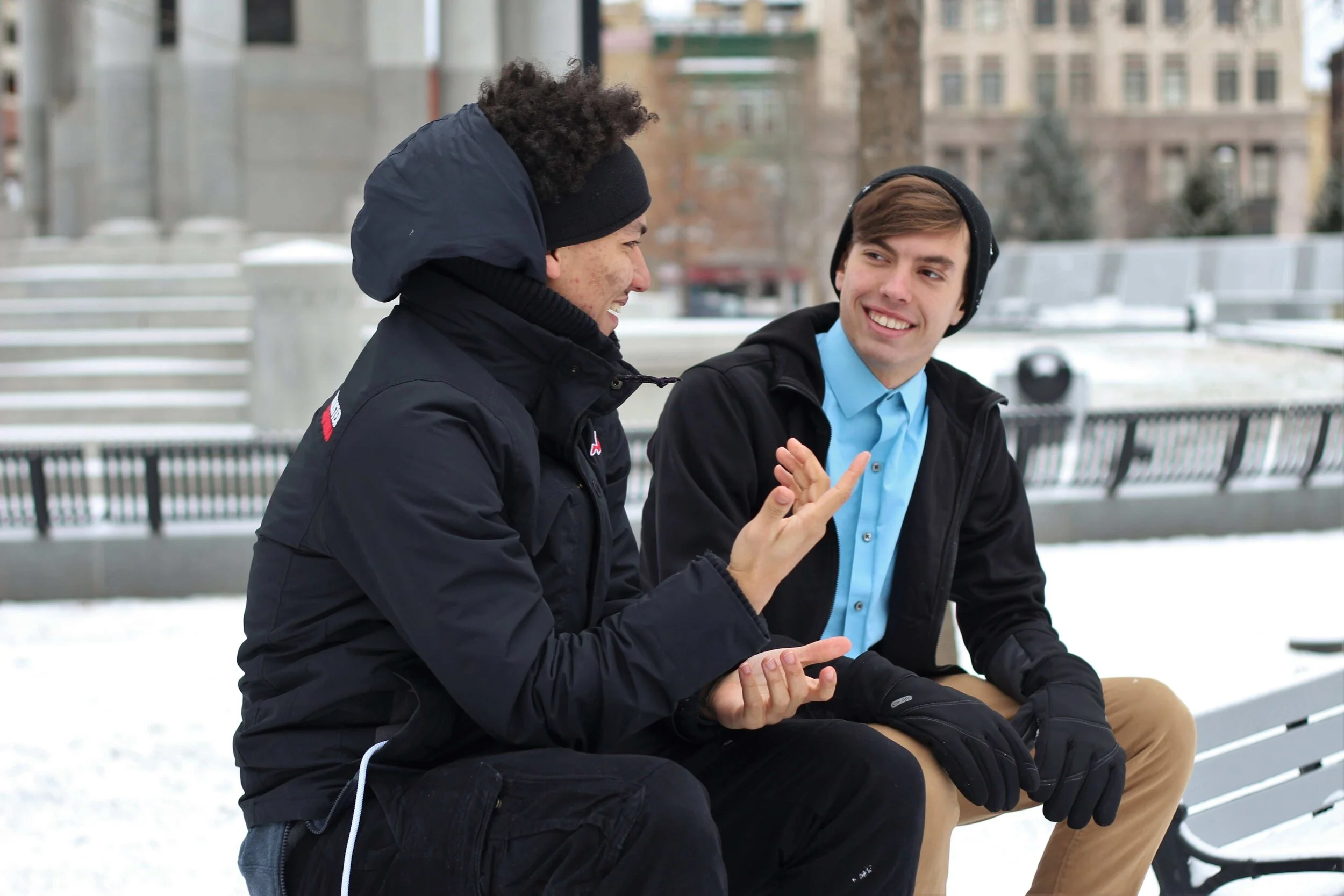God is moving among Muslims
This is a real-life story of recent events from one of the local Mahabba groups in the Network. Names and details have been deliberately removed to protect the identity of those involved, but praise God - he is working in the lives of Muslims to reveal Jesus!
Quenching hunger
We were inspired by another Mahabba group and are hoping to put on a discussion with some mosques inviting believers and Muslims.
At the event, the Qur’an is read then discussed, then the Bible is read and discussed.
We are hoping this will provide a chance for Muslims to ask questions and open up the word.
I have spoken to two mosque leaders about it: one was keen, one is speaking to their imam about it.
The one that is keen also seems very spiritually hungry and a couple of us have done some one-to-one Bible study with him and have given him scriptures.
We are praying that he will come to know Jesus and lead his congregation to follow him.
Please pray that the practical details all get sorted and that many come to know Jesus.
Your turn
Have you been touched by this story? If so, you can play your part.
- Share the amazing news of God moving among Muslim with your friends via e-mail or social media, using the links below
- Support Mahabba in its work to equip everyday Christians to build relationships and share Jesus with Muslims













